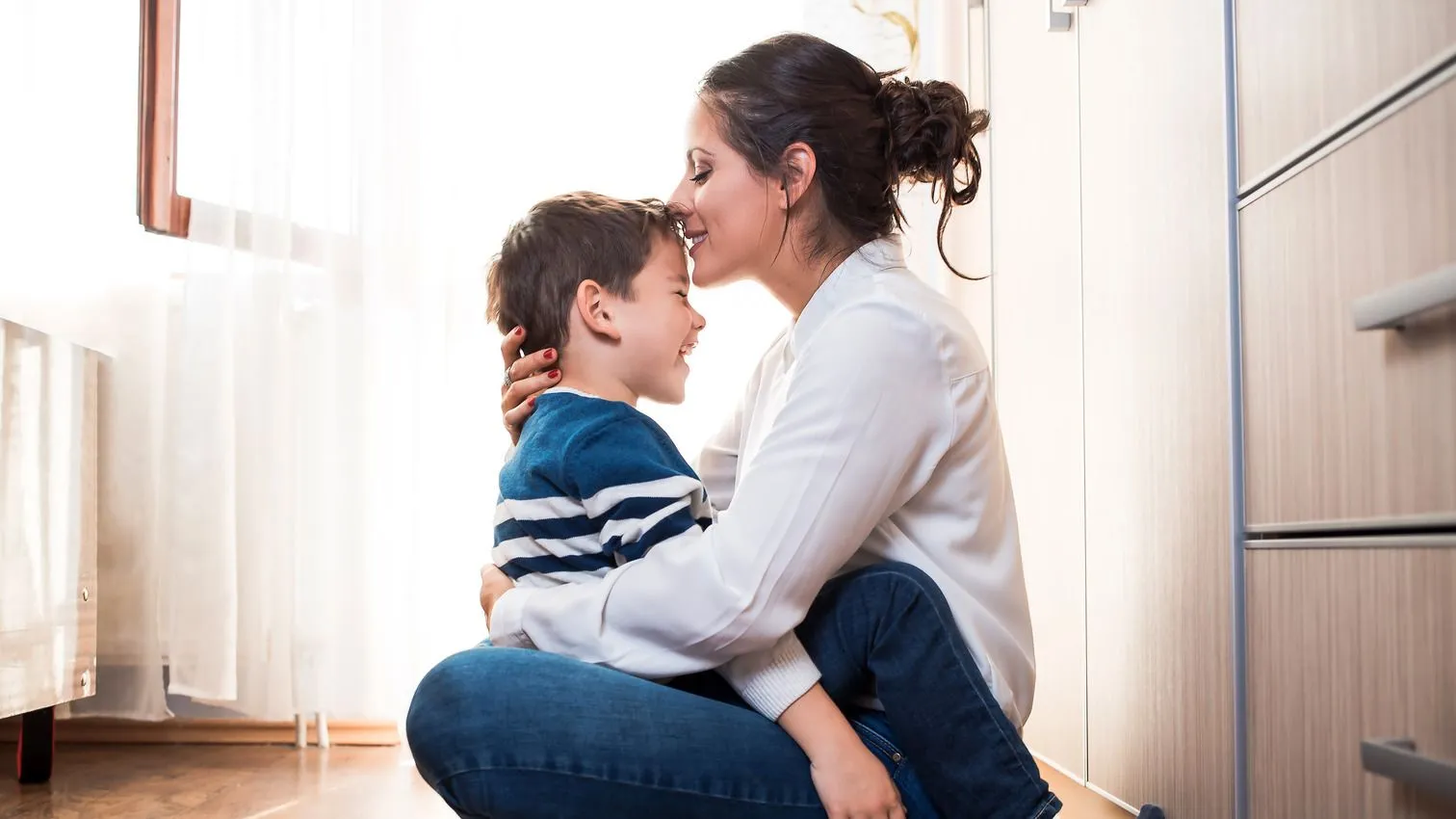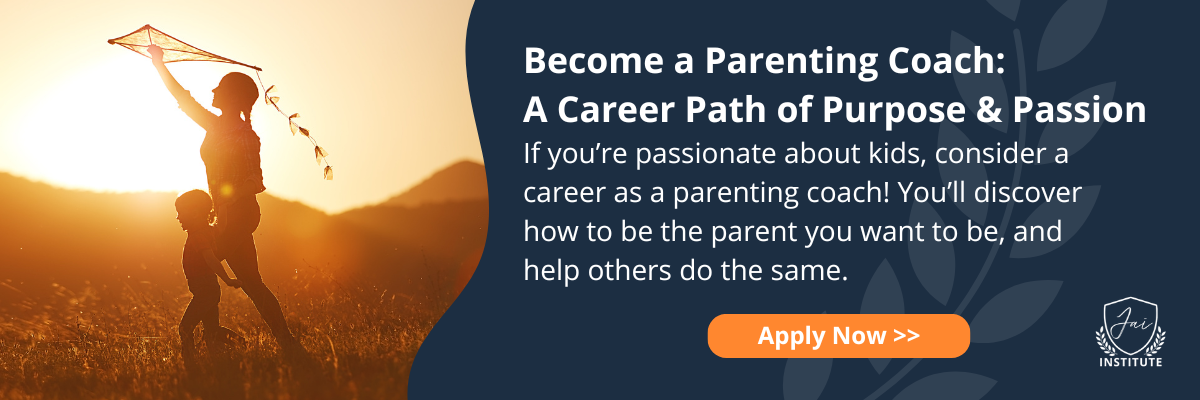The Power of PLAY! The Language of Children

Famous child psychologist Jean Piaget once said, "Play is the work of children."
He could’ve said, “Play is the frivolous activity children get to do when they’re done with the things that actually matter.” Alternatively, he could’ve said, “Play serves no real purpose.” Or, perhaps he could’ve described play as being a “nice reward for children who’ve finished their studies.”
He didn’t say any of those other things, though. Piaget knew about the exceptional power of play and how far-reaching the benefits of play in early childhood go. He didn’t take play lightly: in fact, he called it “work.” There's good reason for this.
What kind of “work” is play?
Piaget was ahead of his time. He understood the importance of play in child development – so much so, that he didn’t see it as being frivolous at all. His work laid the groundwork for what researchers now know is an absolute necessity for a healthy childhood.
He, and others who understand this, wanted parents and caregivers to know that play is the single most important way a child can learn, process life events, and thrive in the world around them.
What are the benefits of play for children?
Lest we think of play as being unimportant, here’s some of the “work” it does for our children:
- Play helps children develop emotional maturity1 (albeit at an age-appropriate pace). When they can practice handling the complexity of life’s situations in the form of play, it helps them prepare to handle those situations when they come up in real life. They practice cooperating, offering empathy to others, and resolving conflicts – with their toys and dolls as the actors. This helps them create and understand safety before they have to experience the situations firsthand. Likewise, play can also help them process tricky-to-them situations that have already transpired.
- Children develop better social skills when they’re allowed to play. Not only does play help children reduce stress, but it also helps them navigate how to get along with others. Role play is common in children’s games (“This time, I’ll be the mommy!”). It helps them develop their sense of identity and self-esteem.
- Play helps children move their bodies. In this day and age of sedentary lifestyles, play through movement helps children have healthier, more active bodies. Greater activity levels are linked to better health.
- Play helps them be creative. With a decline in creativity in recent years, play is more critical than ever.
Learning through play takes many forms, all of which are beneficial to the child’s development2.
Furthermore, play helps parents and caregivers prevent a myriad of unnecessary power struggles. When
used correctly3, it connects us with our kids, teaches them “in the moment,” and helps us recover from conflict.
Benefits of learning through play
Aren’t there other ways to teach children, though?
Of course there are. We could sit them down with pens and paper and dictate life’s instructions to them.
That would backfire terribly, though.
The reason play works so well to teach children is that it directly accesses their natural tendencies and preferences for play. In other words, it’s their
natural state
of learning.
Play is where they are developmentally, and it’s much easier to meet a child where they are than anywhere else. Teaching them our “adult” way (pen and paper, lectures, and logical reasoning) would be a significant uphill battle for a child.
Scientifically, why does “logical reasoning” fail?
It fails largely because the part of the brain that is in charge of reasoning hasn’t fully developed yet. A more effective method is to work with the parts of the brain that are in full working order (the striatum and amygdala)
in conjunction with
the still-developing area (the frontal cortex)4. Brain science aside, what this means is that kids’ brains aren’t ready to work like ours do yet. They can’t.
Other benefits of play abound, as well:
“...Play promotes key abilities that enable children to learn successfully. In high-level dramatic play, the collaborative planning of roles and scenarios and the impulse control required to stay within the play’s constraints develop children’s self-regulation, symbolic thinking, memory, and language. These are capacities that are critical to later learning, social competence, and school success…”5
What kind of play is most beneficial?
Many parents make the mistake of assuming “educational” play is most important. This may include offering kids “toys” or “manipulatives” like flashcards or child-marketed electronics. Adult-directed activities such as crafts or math, spelling, or foreign language games, for example, certainly appeal to parents’ desires for their children’s academic benefit.
As it turns out, though, the most holistically beneficial type of play is child-led play.
Why is this?
The benefits of child-directed play are manyfold:
“...When children lead in play, they often gain a sense of purpose and can feel as though they have some direct control over their environment. Choosing activities and leading in play also promotes an important sense of leadership and positive feelings of self-worth for children. Play along with the child and ask them questions about activities they have chosen and why it is important to them. When children discuss their interests, it helps them feel part of a bigger world. It is equally important the questions are coming from the important adults in their lives so children feel important, understood and taken seriously.
When interacting in child-led play, children may receive a greater sense of purpose. Participating in child-led play is an excellent way to give children some direct control over their environment through the choices they make. Allowing children to make choices empowers them to feel a part of something much bigger and gives them feelings of value and self-worth as they guide others through their daily routines. Child-led play is all about making choices and we give children their sense of purpose through the choices we allow them to make…”6
Adult-directed play is play for a different purpose. Child-directed play builds self-confidence and a sense of agency that they need to thrive in all the “outcomes-focused” types of play the adult initiates, regardless.
There’s a time and a place for both, to be sure.
Keep in mind, all play is educational and beneficial for children. They’re always learning, even when it doesn’t look like it from the outside.
Time spent playing is never wasted. It’s a lifelong investment in children’s physical, social, and emotional well-being.
Curious whether you’re spending enough time playing with your children? Read
this.
Meet Your Author, Sarah R. Moore
Sarah R. Moore is the author of Peaceful Discipline: Story Teaching, Brain Science & Better Behavior, the founder of Dandelion Seeds Positive Parenting, and a Master Trainer for the Jai Institute for Parenting. She's a public speaker, armchair neuroscientist, and most importantly, a Mama. She's a lifelong learner with training in child development, trauma recovery, interpersonal neurobiology, and improv comedy. She helps bring JOY, EASE, and CONNECTION back to families around the globe. Her work has been featured internationally in print, online, on the radio, and on TV. Follow her on Instagram, Facebook, YouTube, TikTok, Pinterest & Twitter.
Resources:
- https://dandelion-seeds.com/positive-parenting/emotional-maturity/
- www.nidirect.gov.uk/articles/how-play-helps-childrens-development#:~:text=Play%20improves%20the%20cognitive%2C%20physical,confidence
- https://a.co/d/1zB80L5
- https://www.ncbi.nlm.nih.gov/pmc/articles/PMC5646690/#:~:text=These%20data%20suggest%20that%20during,cortex%2C%20striatum%2C%20and%20amygdala
- https://thespeechroomnews.com/2021/08/is-there-a-correlation-between-language-development-and-levels-ofplay.html#:~:text=Symbolic%20play%20is%20highly%20correlated,a%20seminal%20relationship%20to%20language
- https://www.canr.msu.edu/news/follow_the_leader_child_led_play
READ MORE:
The Jai Institute for Parenting. All Rights Reserved.












